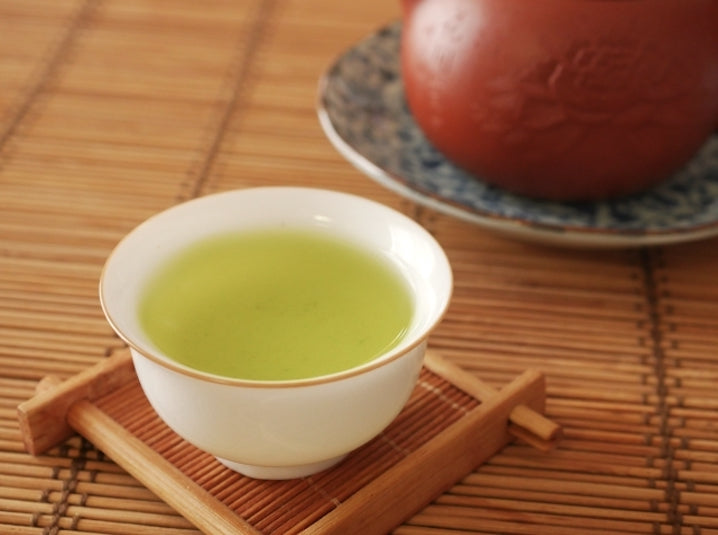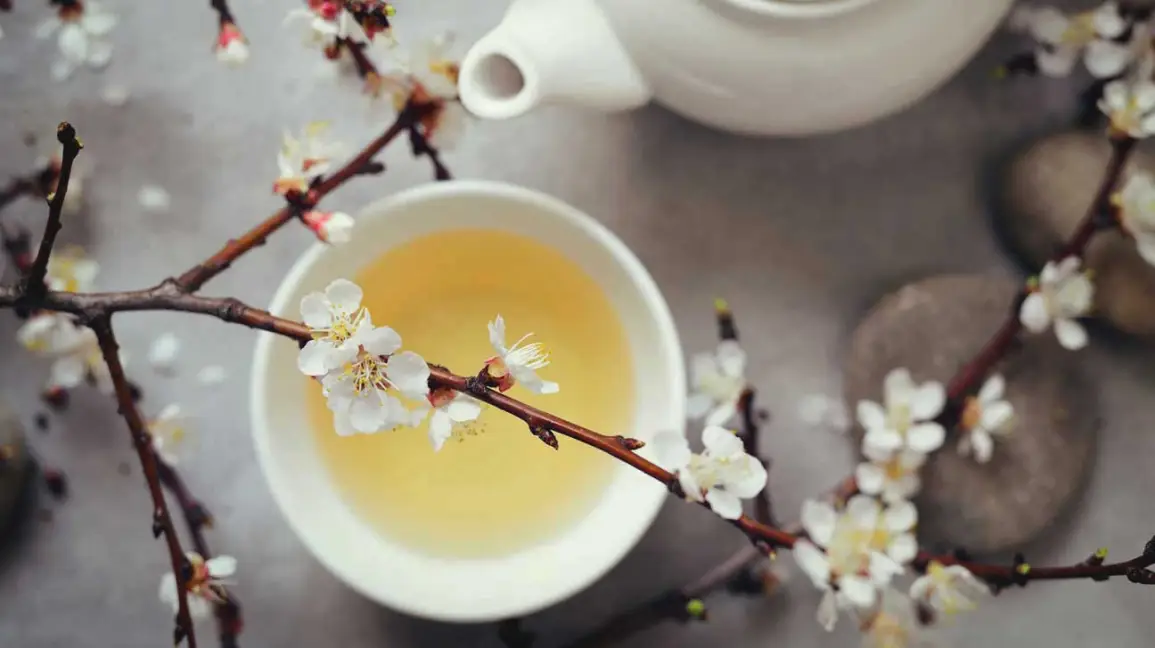Matcha has gained significant popularity recently, leading to increased demand and reports of shortages. This powdered form of green tea is not only visually appealing but is also touted for its health benefits. Here’s an overview of the potential health benefits of matcha based on recent evidence.
Health Benefits of Matcha
- Rich in Antioxidants: Matcha is packed with antioxidants, particularly catechins, which help combat oxidative stress and may lower the risk of chronic diseases. The high levels of epigallocatechin gallate (EGCG) in matcha are particularly noted for their protective effects against cell damage and inflammation[1][4].
- Boosts Brain Function: The combination of caffeine and L-theanine in matcha can enhance cognitive function, improving attention, memory, and reaction times. Studies suggest that these compounds may help prevent neurodegenerative diseases like Alzheimer’s and Parkinson’s by reducing oxidative stress in the brain[2][3][5].
- Supports Heart Health: Regular consumption of matcha may contribute to cardiovascular health by lowering LDL cholesterol levels and blood pressure. The polyphenols in matcha have been linked to improved heart health, potentially reducing the risk of heart disease[1][2].
- Aids Weight Management: Matcha may enhance metabolic rates and fat oxidation, making it a useful addition to weight management strategies. Some studies indicate that it can help reduce body fat, especially when combined with exercise[2][4].
- Improves Blood Sugar Control: There is evidence that matcha can enhance insulin sensitivity and help regulate blood sugar levels, which is beneficial for managing diabetes[2][4].
- Promotes Gut Health: The polyphenols in matcha can act as prebiotics, supporting the growth of beneficial gut bacteria and improving overall gut health[2][4].
- Potential Anti-Cancer Properties: Some laboratory studies suggest that the catechins in matcha may inhibit the growth of cancer cells and reduce tumor formation, although more research is needed to confirm these effects in humans[4][5].
- Stress Relief: The L-theanine in matcha may promote relaxation without causing drowsiness, helping to reduce stress and anxiety levels[2][3].
Matcha has gained significant recognition for its health benefits, often being compared to other types of green tea. Here’s how matcha stacks up against traditional green tea and other popular teas in terms of health benefits:
Nutritional Comparison
- Antioxidant Content: Matcha is renowned for its exceptionally high concentration of antioxidants, particularly catechins like epigallocatechin gallate (EGCG). Research indicates that matcha can contain up to 137 times more antioxidants than regular green tea due to its unique preparation method, where the whole leaf is consumed rather than just steeped[1][3]. This makes matcha a powerful ally in combating oxidative stress and inflammation.
- Vitamins and Minerals: Matcha is richer in essential nutrients compared to brewed green tea. It contains higher levels of vitamins A, C, and E, as well as minerals such as calcium and iron. For instance, matcha has been reported to have 130 times more calcium and 172 times the protein content of regular green tea[2][4].
- Caffeine Levels: Matcha generally has a higher caffeine content than traditional green tea, providing a sustained energy boost without the jitters often associated with coffee. An 8-ounce cup of matcha contains about 20-45 mg of caffeine, compared to 11-25 mg in typical green tea[3][5]. This makes matcha a preferable choice for those seeking enhanced mental clarity and focus.
Health Benefits
- Weight Management: Both matcha and green tea have been linked to weight loss benefits due to their ability to enhance metabolism and fat oxidation. However, studies suggest that matcha may be more effective in promoting fat burning during exercise[1][3].
- Heart Health: Regular consumption of both teas supports cardiovascular health by improving cholesterol levels and reducing blood pressure. However, the higher antioxidant levels in matcha may provide additional protective effects against heart disease[4].
- Mental Clarity and Mood Enhancement: The combination of caffeine and L-theanine in matcha can improve cognitive function and promote relaxation without drowsiness. While both teas contain L-theanine, matcha offers a higher concentration, which can enhance focus and reduce stress more effectively than regular green tea[3][5].
- Anti-Inflammatory Properties: Matcha’s potent antioxidant profile makes it particularly effective at reducing inflammation in the body, potentially lowering the risk of chronic diseases associated with inflammation[4].
- Skin Health: Both matcha and green tea have been shown to benefit skin health due to their antioxidant properties. Matcha’s higher concentration of these compounds may offer enhanced protection against photoaging and other skin issues[4][5].
Conclusion
In summary, while both matcha and traditional green tea share many health benefits, matcha stands out due to its superior nutrient density, higher antioxidant levels, and enhanced effects on mental clarity and weight management. For those looking to maximize their intake of beneficial compounds from tea, incorporating matcha into their diet may be the best option. However, both types of tea can contribute positively to overall health, making them valuable additions to a balanced diet. While matcha offers numerous health benefits, it is important to consume it in moderation due to its caffeine content, which can range from 38 mg to 89 mg per cup—higher than regular green tea but lower than coffee[1]. Additionally, excessive consumption may lead to side effects such as digestive discomfort or increased heart rate.
In summary, incorporating matcha into your diet can provide a range of health benefits, from antioxidant protection to enhanced cognitive function. As with any dietary change, it’s advisable to consult with a healthcare professional if you have specific health concerns or conditions.
Sources
[1] Matcha: A look at possible health benefits – Harvard Health https://www.health.harvard.edu/staying-healthy/matcha-a-look-at-possible-health-benefits
[2] Top 8 health benefits of matcha tea – BBC Good Food https://www.bbcgoodfood.com/health/nutrition/health-benefits-of-matcha-tea
[3] Health Benefits of Matcha – WebMD https://www.webmd.com/diet/health-benefits-matcha
[4] 7 Proven Health Benefits of Matcha Tea – Healthline https://www.healthline.com/nutrition/7-benefits-of-matcha-tea
[5] The therapeutic potential of matcha tea: A critical review on human … https://pmc.ncbi.nlm.nih.gov/articles/PMC9792400/
[6] 21 Health Benefits of Matcha Green Tea https://tenzotea.co/pages/21-health-benefits-matcha-green-tea
[7] Health Benefits and Chemical Composition of Matcha Green Tea https://pmc.ncbi.nlm.nih.gov/articles/PMC7796401/
[8] Matcha is having a moment. What are the health benefits of this … https://theconversation.com/matcha-is-having-a-moment-what-are-the-health-benefits-of-this-green-tea-drink-242775





